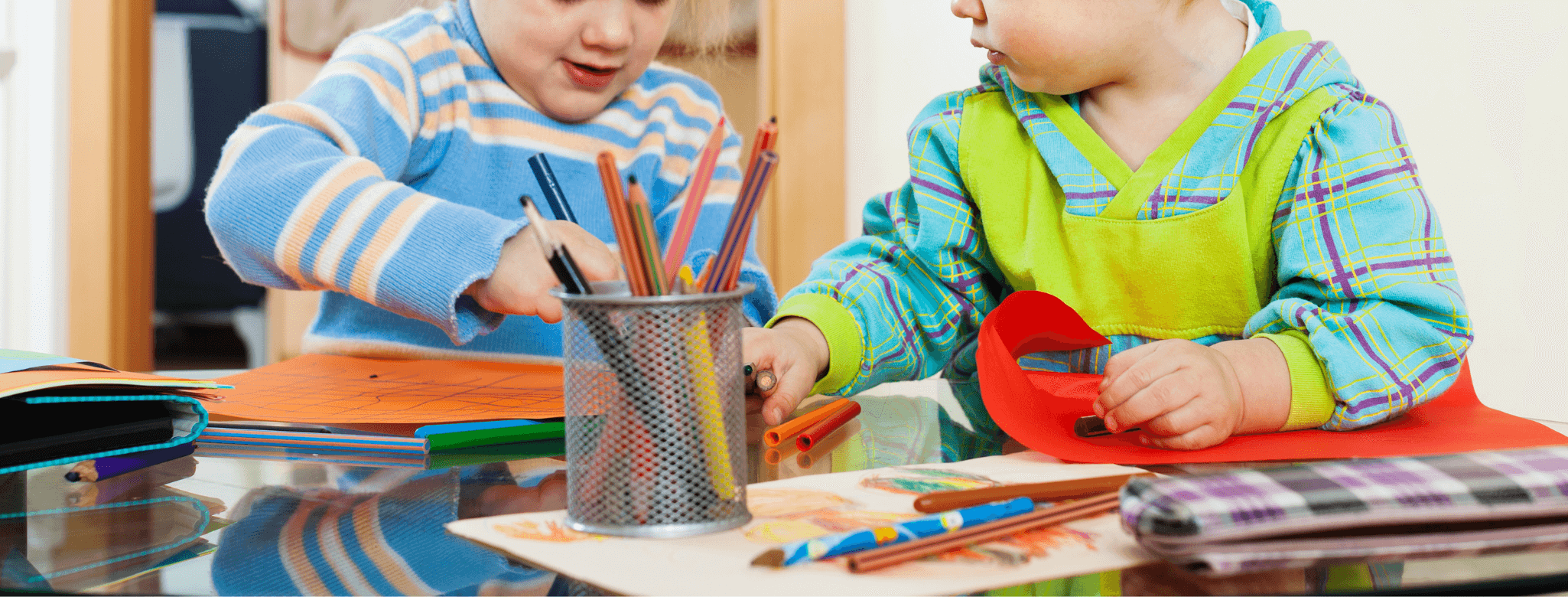In the previous blog, I talked about the challenges you face when your child has a chronic illness or behavioral or emotional issues. The focus was on the impact on your child’s siblings. We paid close attention to signs that can alert you to potential problems as well as strategies you can put into place to help your children cope in positive ways.
With the right strategies and information you are able to notice when there may be some concerns as well as intervene in a positive way. The following are some additional signs and strategies that you can add to your parenting toolbox.
Acting out Behavior
Kids will sometimes act out as a way of getting attention from parents. It is always useful to remember that even negative attention (consequences, conflict) is attention. This is particularly true when a child feels that all of the attention is on another child in the family.
Despite all of your efforts to provide your children with everything they need and more; it is not unusual that children may at times feel that is not the case. Children may feel that they are not getting the same love from their parents as their sibling.
It is developmentally normal for your child to be self-centered and to seek attention for themselves. It is easy to forget that others in the family require attention as well. When feeling that parents are giving more attention to another sibling it is easy to equate decreased attention to less love.
Emotions are typically at the root of acting out behaviors. When children cannot articulate their feelings, worry about burdening others, or feel people won’t listen, their body will take the role of communicator. This is how they will tell you they are feeling unwanted, invisible, and not worthy of attention. To add to emotional turmoil, they may be experiencing guilt over wanting more attention for themselves. Emotions may conflict when recognizing that their sibling needs more attention and support from parents and wanting more of that for themselves.
At times there may be disruptions to plans and activities that siblings may have been looking forward to doing. It is reasonable that children may experience frustration and disappointment when that happens. They may or may not verbalize their feelings opting to act them out instead.
Tips:
- Provide your child with opportunities to appropriately vent their frustrations and process the disruptions they may experience. Give them permission and tools to express them self: I feel frustrated when …
- Encourage, and model appropriate verbalization on an ongoing way. Express your own frustrations appropriately to model this for your child.
- Make the time for one to one moments with each child.
- Remind your child that you love them and that their needs are important to you.
- When possible and safe, ignore acting out behaviors but rather respond to the underlying need of the child. Your child may have been screaming. You might want to focus on what the child is trying to express instead of how it is being done. Later you can talk about how to express messages in a better way.
Decreased Self-Esteem

Growing up in a resilient family that faces challenges and cares for a child with a diagnosed illness can be conducive towards healthy self-esteem. It can also instill a sense of pride in ability to meet tasks and contribute to the family.
Self Esteem of a child can easily be damaged when they don’t develop the tools they need to manage frustrations, and challenges. Feeling that they do not get the support and attention they need can also be damaging. This is particularly true, when perceiving themselves as unworthy of attention or less important than their sibling. Furthermore, they can feel inadequate due to perceived inability to handle a situation with their sibling.
You worry more when you notice that your child gives up easily when frustrated and sometimes before even trying. Your child cheats and lies when losing at a game or doing poorly. Or your child and makes negative statements towards themselves such as “I never do anything right.”
Tips:
- Provide opportunities outside the home for success and recognition. Encourage your child to try new things and challenges. Provide positive feedback over their attempts. Encourage them to try again to get new skills and continue to learn.
- Don’t be afraid to share about how hard you have had to work to acquire new skills such as learning a new language or roller skating. Equate that to the challenges at home and how all family members work towards different goals.
- Tell your child when you are proud of them. Be specific and provide concrete examples of choices and actions they take that allow you to feel pride in them. For example, when they handled a situation with a sibling in a very positive way, let them know what they did that was great.
- Remember that your children are watching and learning from you. Take the time to appreciate all of your great parenting and all of the great things you do! If you can recognize and reflect on your successes, they will learn how to do so as well.
With the right information, awareness, guidance and strategies you will discover that you do have the tools you need. You can continue to support all of your children through the challenges they experience.
Make the time to connect with your children and talk to them. Every time you do so, you are modeling for them effective communication and sharing of thoughts and feelings. With this, you give them the tools they need to succeed.
Check out the previous blog at: Siblings of Children with Chronic Conditions: 2 Potential Signs of Distress to be Aware of




One thought on “Siblings of Children with Chronic Conditions: Part 2”
Comments are closed.